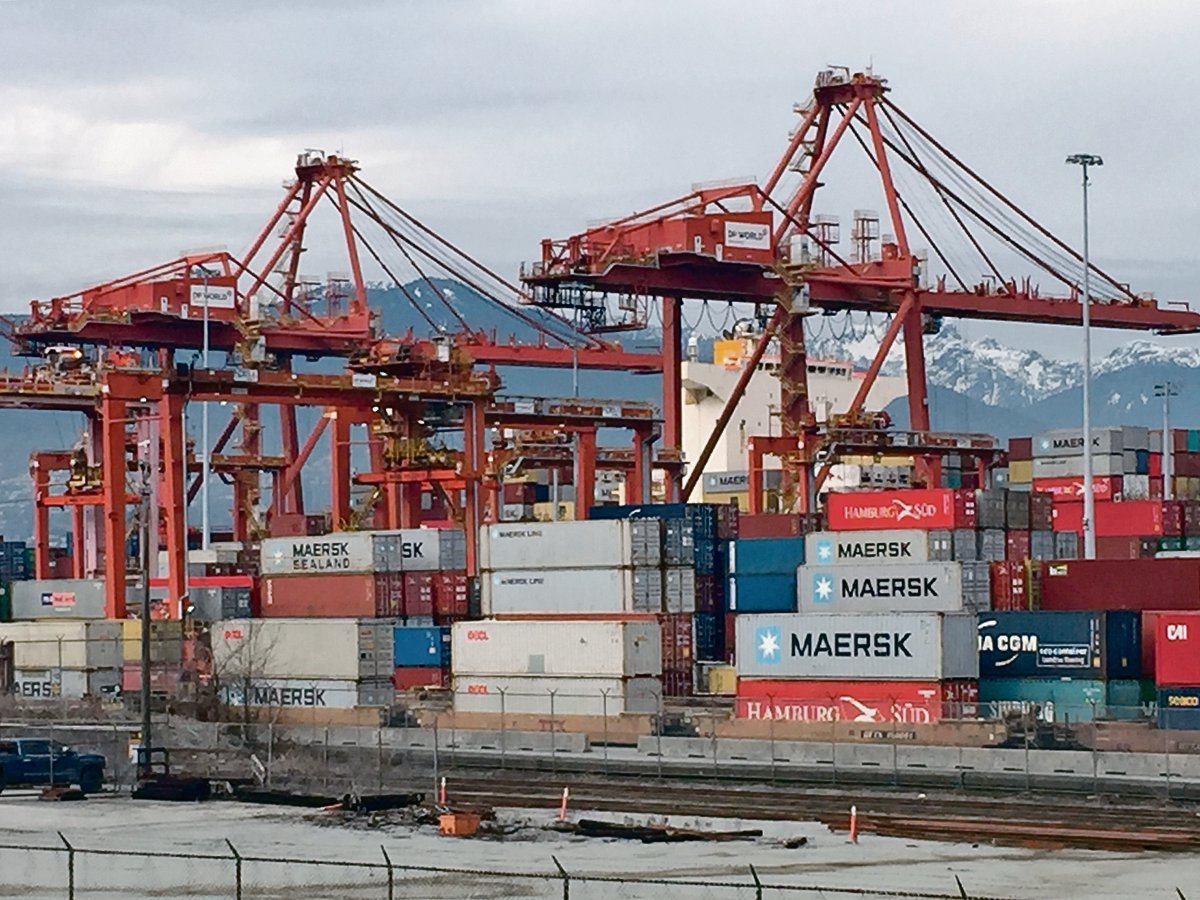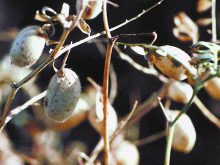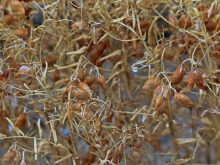South Korea has opened its door much wider to canola imports, helping the oilseed to better compete with its arch rival.
It’s still not a fair match, but lower duties give canola a better shot at soybean’s chin.
“This is an opportunity to increase market penetration,” said Canola Council of Canada president Barb Isman.
“We didn’t move much on the seed, but we’re much closer on the oils.”
South Korea used to charge an import duty of 30 percent on refined canola oil, a 10 percent duty on crude canola oil, and a 10 percent duty on canola seed.
Read Also

Message to provincial agriculture ministers: focus on international trade
International trade stakeholders said securing markets in the face of increasing protectionism should be the key priority for Canada’s agriculture ministers.
The seed duty isn’t changed, but crude canola oil now faces only an eight percent duty and the refined canola oil duty plunges to 10 percent.
Most significantly, crude canola oil in South Korea now has the same duty as soy oil, which until now has had a lower rate, making canola oil relatively more expensive.
Refined canola oil is now only two percentage points above refined soy oil’s eight percent.
The former 30 percent duty made refined canola oil prohibitively expensive. Canadian canola seed duty of 10 percent is still double soybean’s five percent.
Isman said the better rates in South Korea were achieved by Canada’s trade negotiators, who took advantage of a strange situation to press for better canola access.
In a previous world trade agreement, South Korea was allowed to levy high duties on rice imports to protect its domestic industry.
In exchange, it agreed to give better treatment to other imports. When South Korea’s special treatment for rice came up for renewal, Canada’s negotiators asked for better canola access in exchange for the rice duties.
Isman said the deal shows that Canada can improve the situation of canola growers and exporters.
“This is a really positive sign that the message that we’ve been trying to send is getting through,” she said.
“There is no doubt (government negotiators) went after this because of our message of needing parity with soy and needing parity between raw and value added products.”
The better access for canola applies to all canola imports, not just those from Canada.















